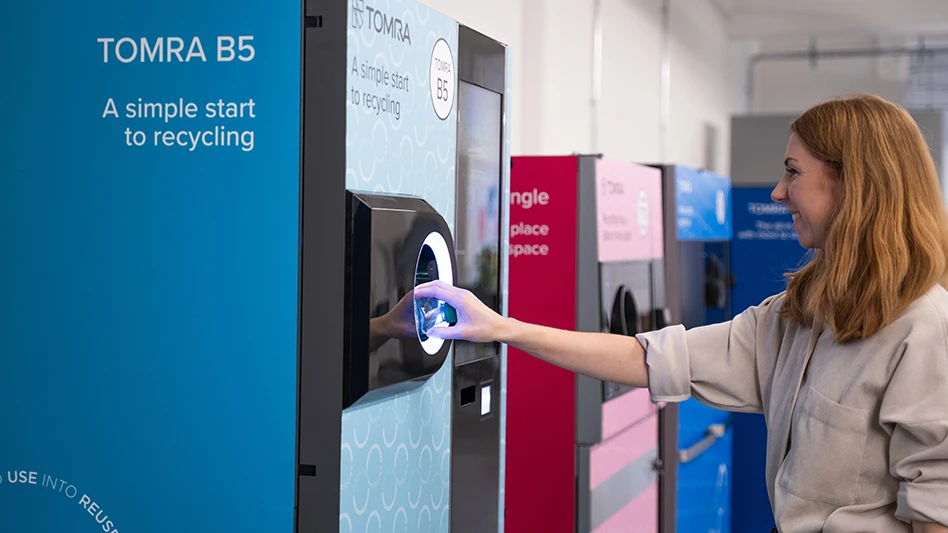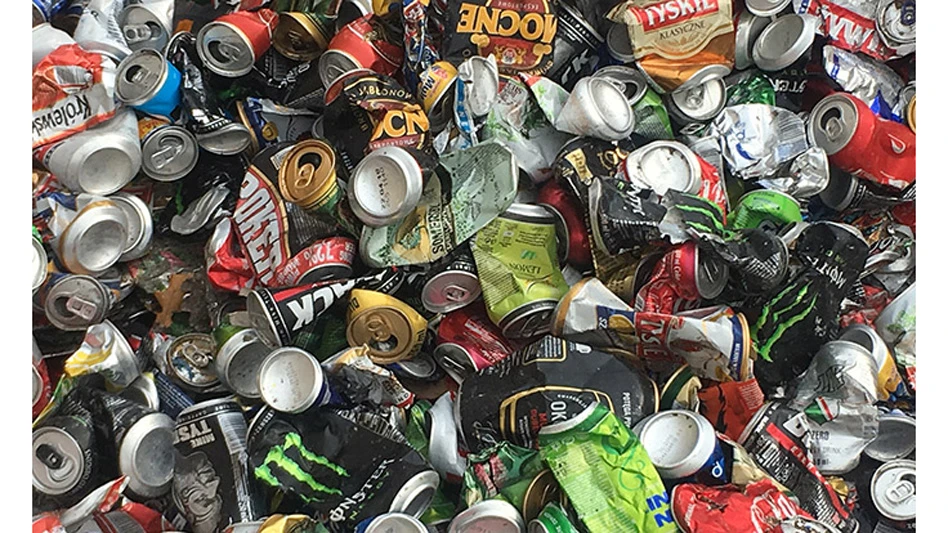The European Union’s (EU) High Level Steering Group of the European Innovation Partnership (EIP) on Raw Materials has released a Strategic Implementation Plan (SIP) that sketches out steps Europe can take to ensure a sustainable supply of raw materials to the European economy and to make Europe a world leader in raw materials exploration, extraction, processing, recycling and substitution by 2020.
The SIP outlines detailed actions that the parties involved—EU countries, companies, researchers and NGOs—can use to foster technological and nontechnological innovation in our raw materials value chain, as well as in the international arena. These include a wide range of initiatives such as new cost-effective exploration concepts and technologies, better recovery and recycling of demolition waste and finding substitutes for critical raw materials such as the indium.
European Commission Vice President Antonio Tajani, responsible for industry and entrepreneurship, says, “Innovation in raw materials—be it in mining, processing, recycling or substitution—holds the key to future growth and jobs. With today’s proposal, we underline that Europe is capable of addressing these important challenges, drawing on our innovative EU research capabilities, as bolstered by Horizon 2020. This will help our industry both create jobs and protect the environment.”
Concrete targets of the SIP include the launch of up to 10 pilot projects to promote technologies for the production of primary and secondary raw materials and to find substitutes for at least three applications of critical and scarce raw materials as well as to create better framework conditions for raw materials in Europe.
The SIP also lists actions to improve Europe’s waste management framework conditions and excellence, and to reinforce EU knowledge, skills and raw materials flows by developing an EU Raw Materials Knowledge Base and potentially setting up an EIT Knowledge and Innovation Community (KIC). Actions also are proposed to support an international cooperation strategy, at bilateral and multilateral level.
Some examples of initiatives proposed within the 24 action areas proposed by the SIP include:
The SIP outlines detailed actions that the parties involved—EU countries, companies, researchers and NGOs—can use to foster technological and nontechnological innovation in our raw materials value chain, as well as in the international arena. These include a wide range of initiatives such as new cost-effective exploration concepts and technologies, better recovery and recycling of demolition waste and finding substitutes for critical raw materials such as the indium.
European Commission Vice President Antonio Tajani, responsible for industry and entrepreneurship, says, “Innovation in raw materials—be it in mining, processing, recycling or substitution—holds the key to future growth and jobs. With today’s proposal, we underline that Europe is capable of addressing these important challenges, drawing on our innovative EU research capabilities, as bolstered by Horizon 2020. This will help our industry both create jobs and protect the environment.”
Concrete targets of the SIP include the launch of up to 10 pilot projects to promote technologies for the production of primary and secondary raw materials and to find substitutes for at least three applications of critical and scarce raw materials as well as to create better framework conditions for raw materials in Europe.
The SIP also lists actions to improve Europe’s waste management framework conditions and excellence, and to reinforce EU knowledge, skills and raw materials flows by developing an EU Raw Materials Knowledge Base and potentially setting up an EIT Knowledge and Innovation Community (KIC). Actions also are proposed to support an international cooperation strategy, at bilateral and multilateral level.
Some examples of initiatives proposed within the 24 action areas proposed by the SIP include:
- New cost-effective exploration concepts and technologies providing high-quality data and information, including high resolution 3D geo-data at 150-4,000 meters depth.
- Developing solutions for a better recovery and recycling of construction and demolition waste, particularly in the most promising targets, such as deconstruction of nonresidential buildings.
- The substitution of indium in transparent conductive layers, such as those used in touch-screen devices, flexible electronics, solar energy and OLED lighting (organic light-emitting diode is used to create digital displays in devices such as television screens, computer monitors, and portable systems such as mobile phones, handheld games consoles and PDAs.)
Following the release of the report, the EU is set to issue a call for commitments at the end of October 2013, which will allow all potential stakeholders to express their concrete intention to contribute to the implementation of the SIP. Communication will follow in 2014 to explain how the European Commission, member states, industry and academia intend to implement the SIP.
Latest from Recycling Today
- ReMA urges open intra-North American scrap trade
- Axium awarded by regional organization
- China to introduce steel export quotas
- Thyssenkrupp idles capacity in Europe
- Phoenix Technologies closes Ohio rPET facility
- EPA selects 2 governments in Pennsylvania to receive recycling, waste grants
- NWRA Florida Chapter announces 2025 Legislative Champion Awards
- Goldman Sachs Research: Copper prices to decline in 2026





